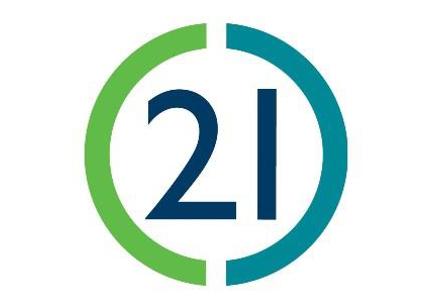
Housing 21 is a not-for-profit organisation.
Our Leadership Team is made up of Executive Team Members and Board Members, including two Resident Board Members.
All of our Executive Team and Board Members are required to complete a declaration of interests and follow guidance as set out in the Housing 21 Governance Handbook.
If you require this handbook in any other language or format, including Braille, audio or large print, please email the Communications Team who will be happy to help.

Our Executive Team
Find our more about each of our Executive Team Members

Our Board Members
Find out more about each of our Board Members

Declarations
You can view the declarations of each Executive and Board Member on their individual profile pages

Handbook
All of our Executive and Board Members must adhere to guidance within the Governance Handbook


